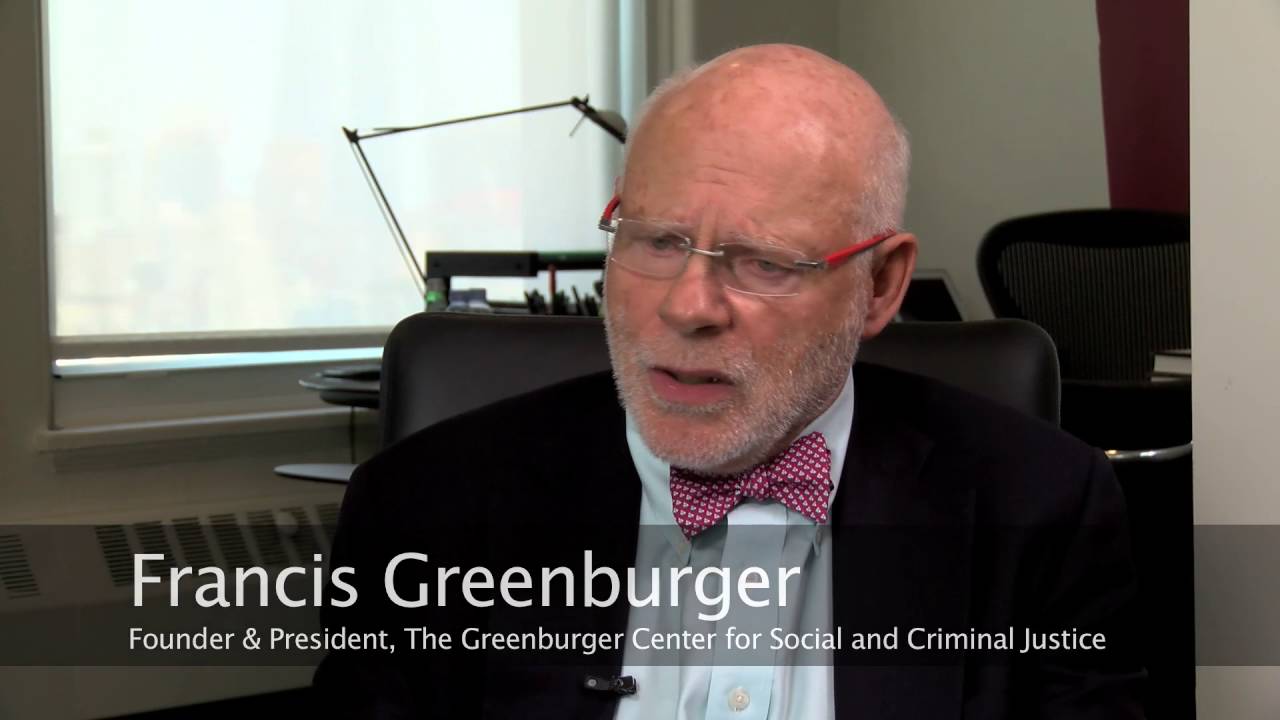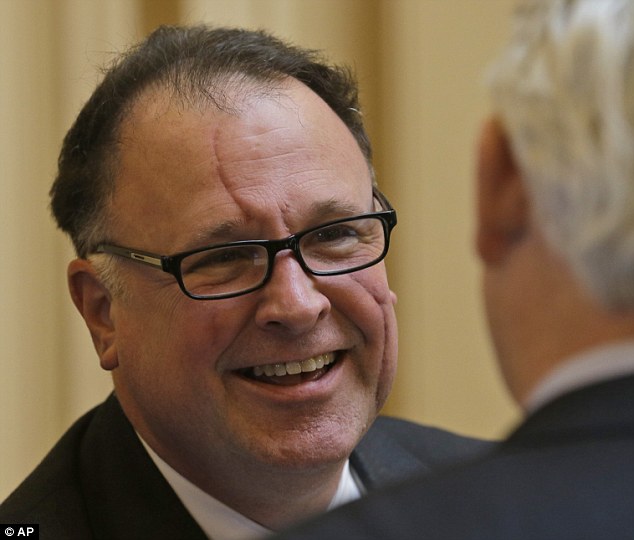
(8-1-17) Dr. Elinore F. McCance-Katz, the Trump Administration’s nominee to become the Department of Health and Human Service‘s first Assistant Secretary for Mental Health and Substance Abuse breezed through her confirmation hearing this afternoon.
She appeared before the Senate Committee on Health, Education, Labor and Pensions (HELP), one of the final hurdles before she can assume oversight of the 8 federal agencies and 112 federal programs that deal with mental health and substance abuse.
Dr. McCance-Katz said her top priorities would be dealing with the opioid crisis and focusing on serious mental illnesses.
As expected, most of the questions from the HELP committee centered on the opioid crisis, but Sens. Bill Cassidy (R.-La.) and Chris Murphy (D.-Conn.) zeroed in on mental illness. This was not surprising because they were responsible for introducing the Senate version of Pennsylvania Republican Rep. Tim Murphy’s Helping Families in Mental Health Crisis Act, which created the Assistant Secretary position. A much altered version of the original House bill became law in December during the waning days of the Obama administration.
Both senators told Dr. McCance-Katz that they expected her to use the “tools” and “powers” that the new law gives her to break down silos and force federal agencies to begin cooperating and coordinating their efforts.
Sen. Cassidy, who also is a medical doctor, specifically criticized SAMHSA (the Substance Abuse and Mental Health Services Administration) calling it “dysfunctional.”







